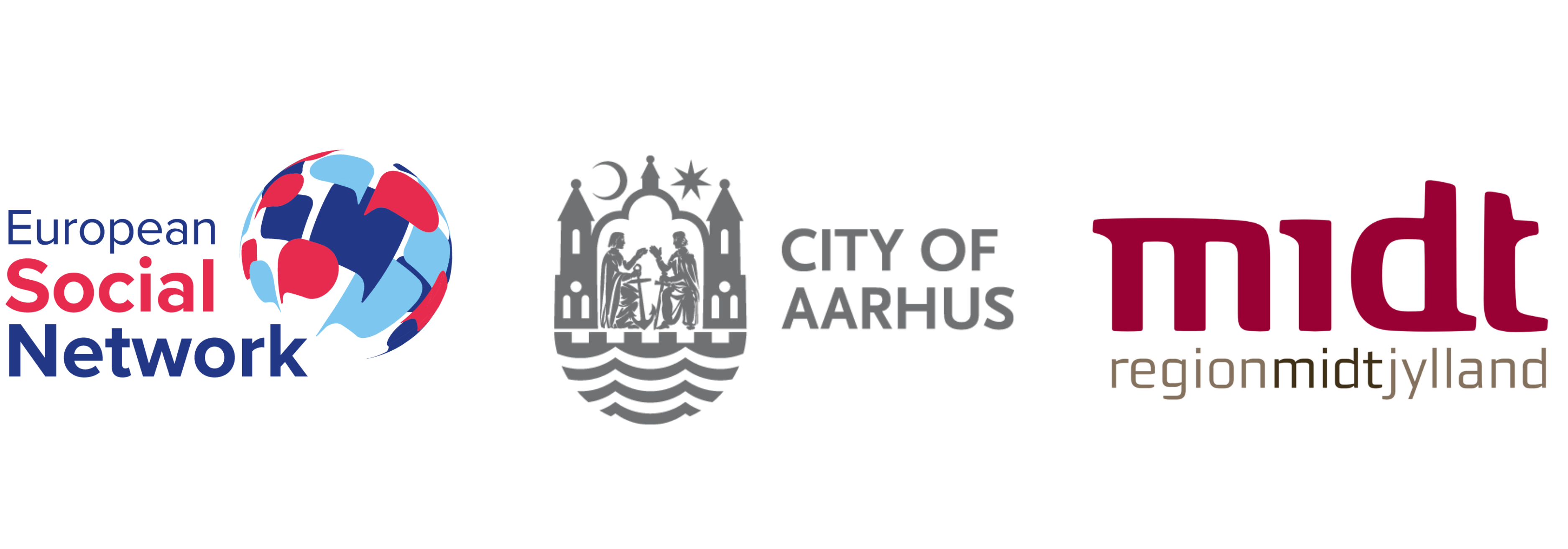Walking Practice Fair
- 27/06/2024 08:30 - 09:30
Delegates are invited to walk through a specially designated exhibition space and directly engage with representatives of the different projects taking part in this session. This session is open to all delegates.
PRACTICE FAIR 27 JUNE 08:30-09:30
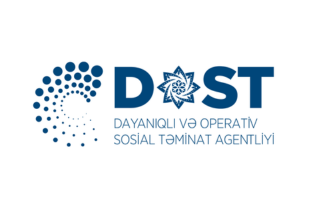
Leveraging the DOST Index for Inclusive Service Delivery
This project aims to ensure equitable access to high-quality social services for all populations, focusing particularly on vulnerable groups such as persons with disabilities, war veterans, children deprived of parental care, and pensioners. This is achieved through the utilisation of the DOST-Index, a comprehensive assessment tool developed by the DOST Agency. The tool evaluates and benchmarks performance in social services delivery, analysing data from multiple sources to identify areas for improvement. Through collaboration with the Ministry of Labor and Social Protection, as well as supporting service providers, the project aims to enhance citizen satisfaction with social services, strengthen attention to vulnerable populations, implement innovative solutions, and maximise the quality-of-service delivery. The implementation of the DOST Index has led to tangible outcomes, including improved service delivery, enhanced citizen satisfaction, and increased transparency and accountability in governance.
Room: Atrium
Organisation: Agency for Sustainable and Operational Social Provision, Azerbaijan
Presenters:
- Farid Mammadov, Chairman of the Board of the DOST Agency, DOST Agency – Agency for Sustainable and Operational Social Provision, Azerbaijan
- Aygun Musayeva, Head of Department of DOST Services, DOST Agency – Agency for Sustainable and Operational Social Provision, Azerbaijan
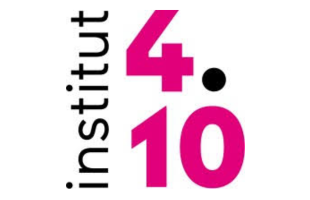
Training Social Security Staff to Foster Access to Healthcare
This project aims to tackle the health inequalities prevalent in Mayotte, an island territory of France located off the coast of Southeastern Africa, compared to mainland France. Mayotte faces higher rates of poor health and chronic diseases, alongside lower life expectancy despite having a younger population. The primary objective is to enhance healthcare accessibility and insurance coverage, particularly for economically and socially vulnerable people. In collaboration with the National Sickness Insurance Fund (CNAM) and Mayotte Social Security Fund (CSSM), Institut 4.10 is dedicated to assisting staff members in Mayotte in understanding, explaining, and implementing the Free Additional Health Insurance (C2S) Programme. This comprehensive approach includes various initiatives such as providing information to strategic managers and staff through hotlines, offering training sessions on the new system and its intended beneficiaries, equipping people with tools to navigate the complex health and social landscape, educating new recruits on French social security, and enlightening social workers on effectively addressing health issues within their support services.
Room: Atrium
Organisation: INSTITUT 4.10, France
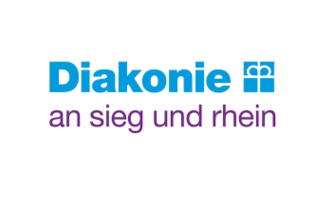
Integrated Counselling Service
The Integrated Counselling Service is a digital solution being developed by the German association Diakonie An Sieg und Rhein. It enables ad hoc real-time collaboration between those seeking support and multiple specialist counsellors.
Currently social counselling services are unable to provide adequate support to people in complex personal situations, as individual services typically address individual problems, inevitably preventing a holistic approach.
Using the Integrated Counselling Service, specialist counsellors can be added to both on-site and digital counselling sessions, without geographic or organisational constraints.
This allows the counsellors to tackle their clients’ complex personal situations directly, leading to better results for them, as well as a more effective and more efficient allocation of resources within the wider social counselling system.
Room: Atrium
Organisation: Diakonie An Sieg und Rhein, Germany
Presenters:
- Patrick Ehmann, CEO, Diakonie An Sieg und Rhein, Germany
- Michaela Teigelmeister, Head of Department, Diakonie An Sieg und Rhein, Germany
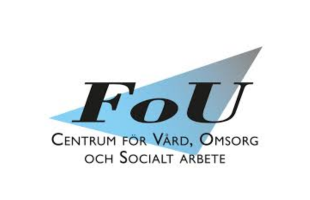
Learning and Innovation Lab Network
The growing pressure of demographic change and increased demand of social services in Europe require front line health and social care staff to develop new professional skills and to move towards a more holistic care model. Led by the Research & Development Centre in Care and Social Work from the Municipality of Linköping (Sweden), the ‘Learning and Innovation Lab’ Network addresses the need for new competencies of front-line professionals and managers to address growing pressures and increased demand in social services. The overall aim of the project is to develop and test a new ‘Learning & Innovation Lab’ approach in the delivery of integrated and person-centred health and social care services to particularly disadvantaged populations in the community such as older people with chronic conditions and young people with mental health challenges.
Room: Atrium
Organisation: Municipality of Linköping, Research & Development Center in Care and Social work, Sweden
Presenters:
- Mats Eriksson, Head of R&D Centre, Municipality of Linköping, Research & Development Centre in Care and Social Work, Sweden
- Sofia Lindholm-Astrom, Head of Development, Social Services, Municipality of Linköping, Research & Development Centre in Care and Social Work, Sweden
- Gunilla Starräng, Project Manager, Municipality of Linköping, Research & Development Centre in Care and Social Work, Sweden
- Matilda Spets, Project Manager, Municipality of Linköping, Research & Development Centre in Care and Social Work, Sweden
- Erik Grönvall, Associate Professor, Municipality of Linköping, Research & Development Centre in Care and Social Work, Sweden
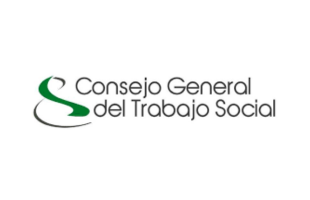
Gender Perspective in Social Services
To break down gender stereotypes, the Spanish General Council of Social Work has launched a national plan aimed at offering training and guidance so that social workers apply a gender perspective in their day to day work in Spanish municipalities. After a first phase of analysing equal opportunities and the gender perspective in social services, the General Council is providing social workers with training on how to ensure gender-balanced social services interventions. Along the same lines, the General Council is supporting Spanish municipalities in the development of employment plans with a gender perspective at municipal level.
Room: Atrium
Organisation: General Council of Social Work, Spain
Presenters:
- Ana Belén Domínguez Milanés, Management Officer, General Council of Social Work, Spain
- Marta Alguacil, Treasurer, General Council of Social Work, Spain
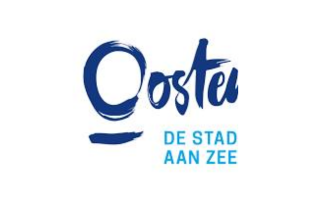
Food as a Lever for Social Rights
The City of Ostend takes proactive initiatives to better reach vulnerable populations to ensure they have access to affordable food. The project ‘Integration of Food Aid in the GBO Programme’ is one of these initiatives. The GBO Programme of the Flemish Government aims to closely match people’s needs and focuses on achieving accessible social help and services. The City of Ostend also supports food distribution through their project ‘Foodsavers,’ resulting in a diverse and equal supply of food. Beyond food aid, the City of Ostend aims to effectively mitigate the structural causes of poverty. This involves collaborating with all relevant partners to develop systems that systematically connect the provision of food aid to exploring and granting rights tailored to the populations supported.
Room: Atrium
Organisation: The City of Oostende, Belgium
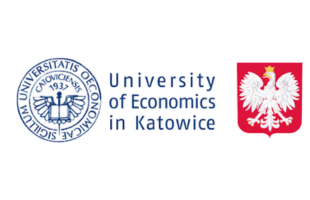
The Deinstitutionalisation Process in Poland
The aim of this research project was to examine the readiness and potential of local government units in Poland and their organisational entities to implement the deinstitutionalisation process, as well as to identify factors and conditions influencing the effectiveness of its implementation. The project involved conducting nationwide, multidimensional research, highlighting significant regional contexts across all 16 regions in Poland. The results from the project were used to create recommendations for local government and to conduct a series of workshops for regional social policy centres, which will contribute to the implementation of the deinstitutionalisation process in Poland.
Room: Atrium
Organisation: University of Economics in Katowice
Presenters:
- Aldona Fraczkiewicz-Wronka, Professor, Head of the Department of Public Management and Social Sciences, University of Economics in Katowice
Hanna Kelm, Assistant, University of Economics in Katowice
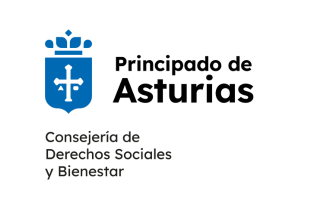
Innovative strategies for active inclusion through integrated local partnerships
The Xeitu project seeks to test a new model of employment and social services coordination that will transform the provision of regional minimum income into a new model of social inclusion support in Asturias, Spain. The key objectives are to reformulate the system of basic social services, increase its efficiency and optimise the management of resources. The project aims to connect economic support with employment support, including other inclusion supports such as access to digital services and community engagement. Throughout the project, different strategies and digital support tools were tested to determine which were the most effective.
Room: Atrium
Organisation: Asturias, Spain
Presentation Language: English
Presenters:
- Maria Teresa Martínez Rodríguez, Psychologist, CuidAs Project Coordinator, Regional Ministry of Social Services, Asturias, Spain
- Ana Bernardo Suarez, Knowledge Officer, Regional Ministry of Social Services, Asturias, Spain
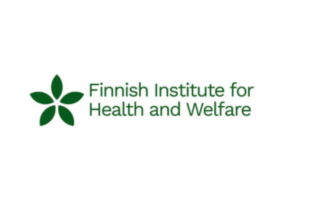
National Support for Data Recording
In the next few years, all Finnish social service providers will start using the Kanta Infrastructure for information sharing. This will mean that social welfare professionals will all use standardised systems to record client data. As information management is being harmonised, the daily working methods change. Changes in information management affect case recording and the functioning of case management systems. Implementation in social welfare organisations requires a good understanding of key changes, obligations, and schedules in information management. Support for structured documentation involves various stakeholders and THL plays a pivotal role, in providing guidance and training.
Room: Atrium
Organisation: Finnish Institute for Health and Welfare (THL)
Presenters:
- Hanna Lohijoki, Development Manager, Finnish Institute for Health and Welfare (THL)
- Antero Lehmuskoski, Chief Specialist, Finnish Institute for Health and Welfare (THL)

HeadCrackers, Connecting Knowledge with Professional Practice in a Playful Way
Social workers use their professional intuition when interacting with service users. We know that intuition can be biased, and professionals may get stuck in their routines. It is important for the quality of services that professional intuition is continually kept up to date and improved. Although knowledge from research is relevant for professionals, it is often difficult for practice to be impacted with results from research. ‘HeadCrackers’ aims to strengthen professional intuition in a playful way by using an app that confronts the users with a professional dilemma. It encourages professionals to make sustained choices and share their opinions with colleagues.
Room: Atrium
Organisation: Association for Professionals in the Public Social Domain (SAM)
Presenters:
- Astrid Hazelzet, Researcher, TNO
- Marcel Van Druenen, Director, Association for Professionals in the Public Social Domain (SAM)
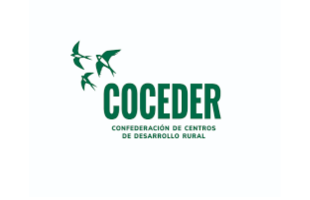
BIOCARE – A Social Innovation Project in Spain
The Confederation of Rural Development Centres (COCEDER) is an NGO working on social development and inclusion in rural areas in Spain. Biocare is a three-year social innovation project involving over 500 participants in 18 rural regions. It aims to create a person-centred care model and integrates professionals and community members in care design. The project introduced new roles like the community connector and highlighted the need for cross-sector collaboration. Supported by the Ministry of Social Rights and the 2030 Agenda of Spain, Biocare is one of 20 pilot projects enhancing rural care and social inclusion in Spain.
Room: Atrium
Organisation: The Confederation of Rural Development Centres (COCEDER)
Presenters:
- Maria José Illera Suarez, Project Manager, COCEDER
- Maria Jesús Cordero Villarreal, Head of Innovation, Integration and Employment, COCEDER
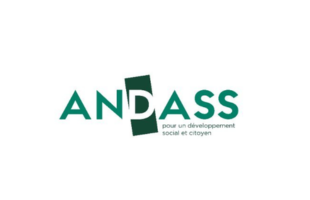
Digital and youth participation supported by child protection services
County Councils in France aim to empower young people for independent living. Child protection services in services in all County Councils, like the Hauts-de-Seine County Council provide support through pre-adulthood interviews, as per the 2016 child protection law. To enhance communication and preparation for these interviews, child protection services across counties developed the innovative “Futur en Main” (Take Your Future in Your Hand) app. This digital tool enables continuous interaction between young individuals and their social workers, facilitating timely responses. The app fulfils a legal obligation while promoting the integration and autonomy of young people, particularly those under child protection, as they approach adulthood. The goal is to empower them in shaping their careers and accessing updated information for a path towards independence.
Room: Atrium
Organisation: National Association of Directors of Social Care and Health in County Councils (ANDASS)
Presenter:
Arnaud Lopez, Director of Child Protection and Family Support, ANDASS, France
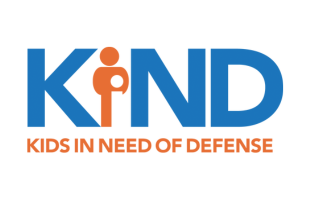
Supporting Migrating Children through Integrative Legal and Psychosocial Services
Kids In Need of Defense (KIND) is a global leader in the protection of unaccompanied and separated children who are forcibly displaced from their countries of origin. Their work focuses on addressing the legal and mental health needs of this population; building strong partnerships and engaging in training and capacity strengthening with governments, NGOs, and the private sector; and advocating for systemic and pragmatic reforms to advance the rights of unaccompanied and separated children.
They will showcase their approach with staff in the Americas, the US, and Europe through a trauma-informed interdisciplinary model of service delivery for legal and psychosocial support that strengthens client engagement by supporting staff wellness and burnout prevention strategies.
Room: Atrium
Organisation: Kids In Need of Defense (KIND)
Presenters:
- Jasiel Fernandez, Regional Director of Social Services, KIND
- Eva Veldhuizen-Ochodnicanová, Child Protection Specialist, KIND
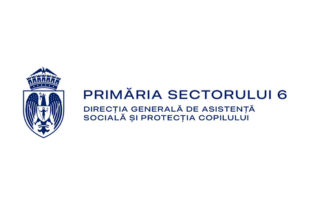
Be Safe, be Cool in your School!
This project was initiated after recognising that many professionals working with children struggle to identify signs of violence and are often unsure of the steps to take to secure the child’s safety or provide comprehensive services to them and their families. The primary objectives of the initiative are twofold: To enhance the ability of adults who work with children to identify signs of violence against children and to increase the number of reports concerning violence against children.
Through targeted workshops, seminars, and informational campaigns, the project aims to equip educators, caregivers, and other child-focused professionals with the necessary skills and knowledge to recognise and respond to signs of violence effectively. By fostering a well-informed community, the project seeks to create a safer and more supportive environment for children, ensuring their protection and well-being.
Room: Atrium
Organisation: Bucharest`s 6 District General Directorate for Social Care and Child Protection
Presenters:
- Paul Ghisoi, Head of Civil Society Relations Department, Bucharest`s 6 District General Directorate for Social Care and Child Protection
- Tatiana Duta, Head of Initial Evaluation and Emergency Department, Bucharest`s 6 District General Directorate for Social Care and Child Protection
